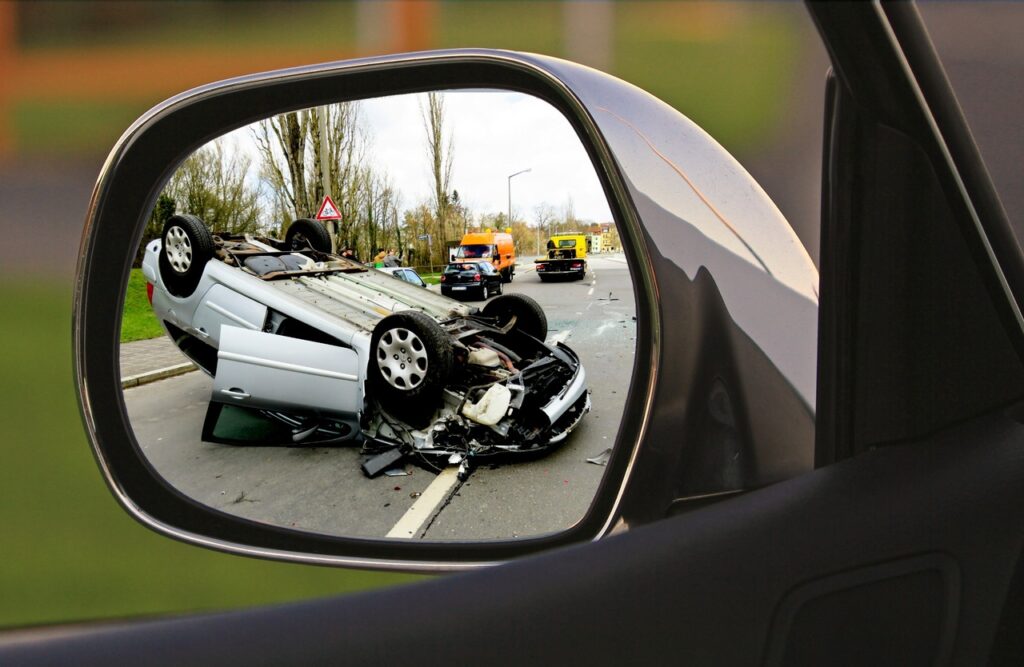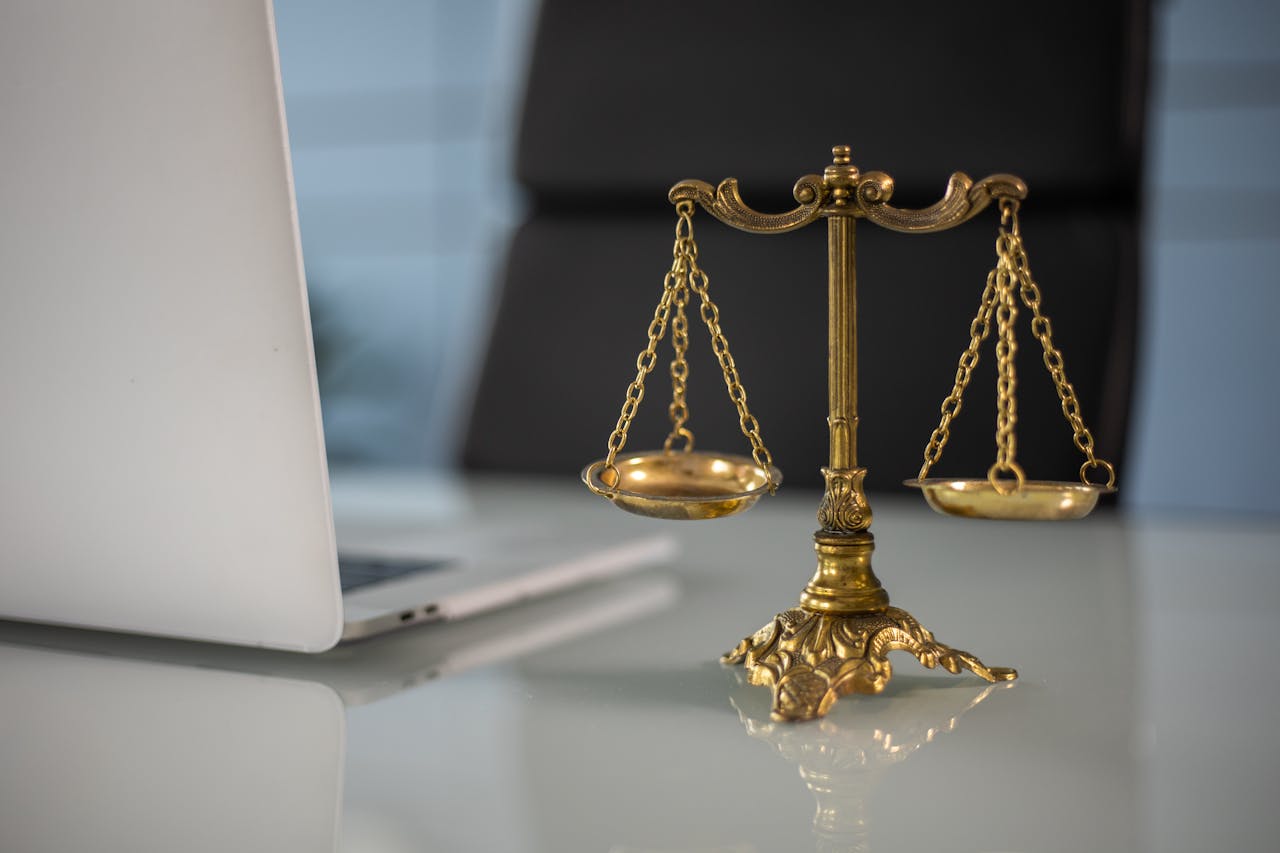Now Reading: Building a Case After a Collision on Two Wheels
-
01
Building a Case After a Collision on Two Wheels

Building a Case After a Collision on Two Wheels
Motorcycle accidents can lead to devastating consequences—physically, emotionally, and financially. Unlike passengers in enclosed vehicles, motorcyclists are more vulnerable to severe injuries, making it even more critical to understand the legal steps to take after a collision. Building a strong case after a motorcycle crash requires swift action, detailed documentation, and a clear understanding of legal rights.
Whether you’re a rider or a loved one supporting someone through recovery, knowing how to pursue a legal claim effectively can make a significant difference in the outcome. This guide explores how to build a solid case after a motorcycle collision, the types of evidence that matter most, and why experienced legal counsel is essential.
Understanding Motorcycle Accident Claims
The Unique Nature of Two-Wheel Accidents
Motorcycle accidents differ significantly from car crashes in terms of physics, vulnerability, and legal dynamics. Two-wheeled vehicles lack the protective frame of automobiles, leaving riders exposed. Even at lower speeds, collisions can result in traumatic brain injuries, spinal cord damage, and multiple fractures. These distinctions often impact how insurance companies and courts view the liability and compensation process.
Common Causes of Motorcycle Collisions
Many motorcycle accidents are caused by negligent drivers who fail to recognize or respect the presence of motorcyclists. Some common causes include:
- Left-turn accidents
- Lane splitting or unsafe lane changes
- Distracted or impaired driving
- Speeding
- Poor road conditions or lack of signage
Identifying the exact cause of the collision is vital, as it lays the foundation for proving fault and negligence in court.
First Steps After a Motorcycle Collision
Prioritize Medical Attention
The most important step after a crash is seeking immediate medical care. Even if injuries seem minor, internal trauma or concussions may not show symptoms right away. Prompt medical documentation also plays a critical role in your case, linking your injuries directly to the accident.
Report the Accident
Make sure the accident is officially reported to the police. The accident report will serve as a neutral third-party account of the incident and may include critical details such as road conditions, witness statements, and initial observations about fault.
Collect Evidence at the Scene
If you’re physically able, gather as much information at the scene as possible. Important evidence includes:
- Photographs of the vehicles, road, and injuries
- Witness contact information
- License plate numbers
- Notes about the environment (weather, lighting, road hazards)
This real-time evidence can support your claim and protect against disputes from the opposing party or insurance companies.
Building the Legal Case
Preserving Medical Records and Financial Losses
Comprehensive documentation of your medical treatment and related expenses is a cornerstone of your case. This includes:
- Emergency room visits
- Follow-up appointments
- Physical therapy
- Lost wages due to inability to work
- Prescription medications
Keeping a pain journal or log of your daily physical and emotional struggles can also add depth to your claim.
Establishing Negligence and Liability
To succeed in a personal injury claim, you must prove that another party’s negligence directly caused your injuries. This typically involves:
- Showing a duty of care existed (e.g., the driver was expected to drive safely)
- Demonstrating a breach of that duty (e.g., the driver was texting)
- Connecting the breach to your injuries
- Providing evidence of damages (medical bills, pain, suffering, lost income)
In many cases, accident reconstruction experts and medical professionals are consulted to strengthen the argument.
Legal Standards and Statutes
Each state has specific rules regarding motorcycle accident claims, including time limits for filing (statutes of limitations) and how comparative negligence is handled. For example, in some jurisdictions, if you’re found to be even partially at fault, your compensation may be reduced accordingly.
To get a deeper understanding of how motorcycle accident claims work within a broader legal context, Forbes has an excellent overview of motorcycle accident lawsuits.
The Role of Legal Representation
Why You Need a Motorcycle Accident Lawyer
Motorcycle accident cases often face bias, with riders unfairly portrayed as reckless or at fault. A skilled attorney can help counter this prejudice, navigate the legal system, and negotiate with insurance providers who may attempt to minimize payouts. They can also handle complex legal filings, court appearances, and communication with the opposing party.
Hiring the right lawyer can mean the difference between a minimal settlement and the compensation you truly deserve. One law firm with a strong reputation in this area is Friedman & Simon.
Evaluating Legal Credentials
When choosing representation, it’s important to consider credentials, experience, and client reviews. For instance, you can view the professional background of an attorney through his legal profile, which outlines his practice areas, years of experience, and bar association memberships.
Preparing for the Claims Process
Dealing with Insurance Adjusters
Insurance companies may seem helpful at first, but their goal is to reduce liability and minimize payouts. Never accept a settlement offer without first consulting an attorney. Adjusters might use your statements against you, so it’s wise to limit communication and let your lawyer handle interactions.
Trial vs. Settlement
While many cases settle out of court, some proceed to trial—especially if liability is contested or the insurance company refuses to offer fair compensation. A well-prepared attorney will collect sufficient evidence and expert testimony to argue your case effectively before a judge or jury.
Understanding Damages
Damages in a motorcycle collision case may include:
- Economic damages: medical bills, lost wages, property damage
- Non-economic damages: pain and suffering, loss of enjoyment of life
- Punitive damages: awarded in cases of gross negligence or intentional misconduct
Properly valuing your claim ensures you receive the full compensation you’re entitled to.
Conclusion
Building a strong case after a motorcycle collision takes more than just proving someone else was at fault. It requires a detailed and strategic approach—collecting evidence, understanding legal nuances, and securing experienced legal counsel.
Every decision you make from the moment the crash occurs can impact the outcome of your case. That’s why it’s crucial to act quickly, document thoroughly, and seek legal help from a qualified professional who understands the challenges motorcyclists face on the road and in the courtroom.
By following the right steps and knowing your rights, you can increase your chances of securing the compensation you need to recover and move forward after a life-altering collision on two wheels.
About the author: Kerry L. Tucker
Early in his journalism college years, Kerry had a revelation: there were not nearly enough law communicators. People’s difficulties in understanding the law, procedures, and how the justice system worked stemmed from the fact that no one took the patience to explain complicated matters to them. Therefore, he took upon himself the task of helping people navigate legal matters easier. He works with attorneys and other legal journalists and spends time researching so that everyone – from a mother whose child got a bike injury to a company needing insurance counsel – to find the actionable answers they are looking for.











